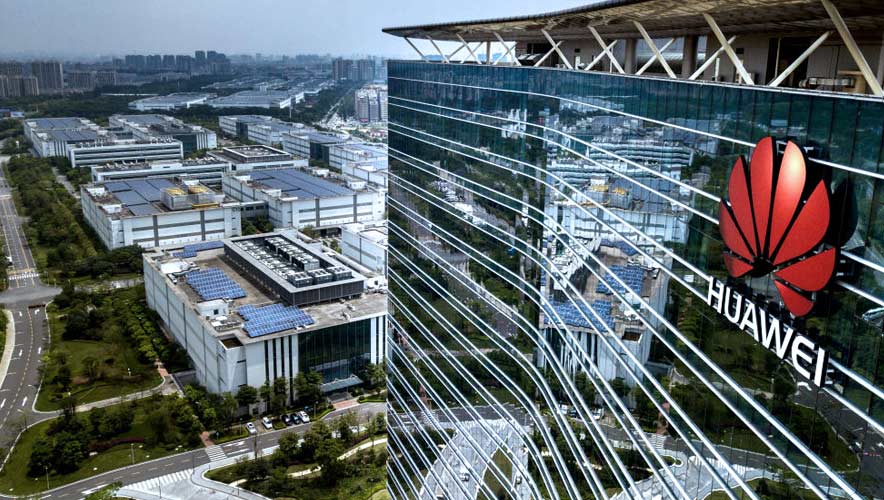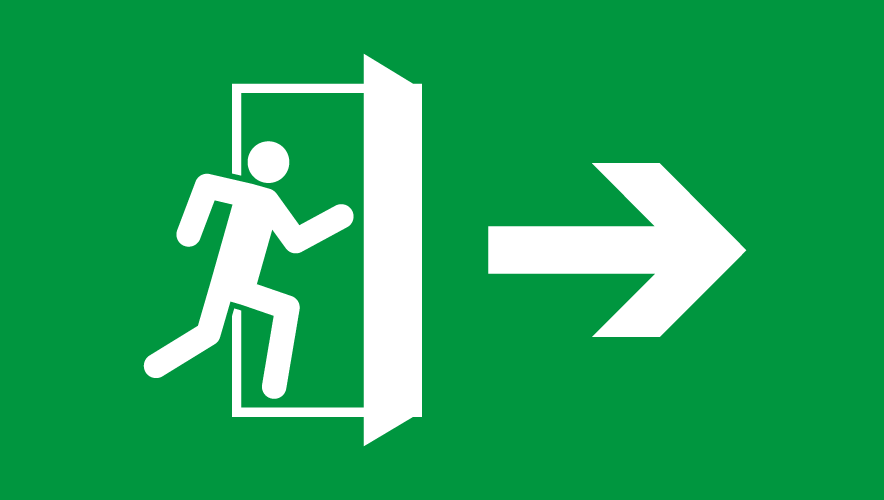FCC Bans Some Chinese Telecommunications and Surveillance Equipment Sales
After much anticipation, it’s official: the U.S. Federal Communications Commission (FCC) has banned U.S. sales and imports of telecommunications and surveillance equipment from five Chinese firms, including Huawei Technologies.
The FCC announced on 25 November that it adopted new rules banning sales and imports of new equipment from: Huawei Technologies, ZTE Corporation, Hytera Communications, Hangzhou Hikvision Digital technology, and Dahua Technology, as well as their subsidiaries and affiliates. The move represents a significant crackdown on Chinese technology giants in response to fears of spying and threats to U.S. national security.
“These new rules are an important part of our ongoing actions to protect the American people from national security threats involving telecommunications,” said FCC Chairwoman Jessica Rosenworcel in a statement. U.S. intelligence agencies have alleged that the Chinese firms named in the rule could be forced to hand over information to Chinese security services, although the companies have denied this, the BBC reported.
The FCC said in June 2021 that it was considering banning equipment authorizations for the five companies. After the enactment of the Secure Equipment Act in November 2021, the FCC had one year to vote on the order. The unanimous decision last week from the four FCC members marks the first time in the group’s history that it voted to prohibit the authorization of new equipment based on national security concerns, FCC Commissioner Brendan Carr said on Twitter.
In 2020, the FCC announced a prohibition on the use of federal universal service subsidies to purchase equipment from these companies, and the new rules expand those restrictions to all U.S. use cases—not just government installations, USA Today reported. Under the FCC order, no new Dahua, Hikvision, Huawei, Hytera, or ZTE equipment can be approved unless the companies “assure the FCC that their gear won’t be used for public safety, security of government facilities, and other national security purposes,” including securing critical infrastructure, Carr added.
For Dahua, Hikvision, and Hytera, “we will require them to document what safeguards they will put in place on marketing or sale for these purposes and we are putting in place a freeze on all of their telecommunications and video surveillance equipment authorization applications until that work is done,” Rosenworcel said.
The ban is not retroactive, so existing equipment from these companies already approved for sale in the United States is not affected and can continue to be sold. However, the FCC said it is possible that existing authorizations could be revoked in the future, TechCrunch reported.
Today we adopted new rules prohibiting communications equipment deemed to pose an unacceptable risk to national security from being authorized for importation or sale in the US. #FCCGov #NationalSecurity https://t.co/Y0JcVk5Yvh https://t.co/Y0JcVk5Yvh
— The FCC (@FCC) November 25, 2022
The order eliminates multiple loopholes in prior FCC restrictions, including eliminating equipment authorization for “white labeled equipment,” which is produced by one company but marketed or branded under another’s name.
“Re-branding insecure equipment does nothing to change the threat profile,” said FCC Commissioner Geoffrey Starks in a statement. “In fact, it can increase risk because consumers may be more trusting of one brand than they otherwise would be if they knew who actually made it. I support the decision to close this gap that could render our new equipment authorization prohibitions less effective.”
Meanwhile, the British government told its departments to stop installing Chinese-linked surveillance cameras at sensitive buildings, citing “current and future possible security risks,” Reuters reported. The directive applies to cameras made by companies that are subject to Chinese security laws, and it includes guidance for departments to airgap—or consider removing—such devices.
Security Management reached out to the FCC for additional comment, but it did not respond before press time.
On 29 November 2022, a Hikvision spokesperson provided the following statement to Security Management:
As stated previously, Hikvision video security products present no security threat to the United States, and there is no technical or legal justification for the Federal Communications Commission’s (FCC) decision to remove Hikvision’s future products from the equipment authorization process. This decision by the FCC will do nothing to protect U.S. national security, but will do a great deal to make it more harmful and more expensive for U.S. small businesses, local authorities, school districts, and individual consumers to protect themselves, their homes, businesses and property. Hikvision USA will continue to serve its distributor partners and customers in full compliance with all applicable laws and regulations.
This article may be updated as more details emerge or when we receive additional statements.












